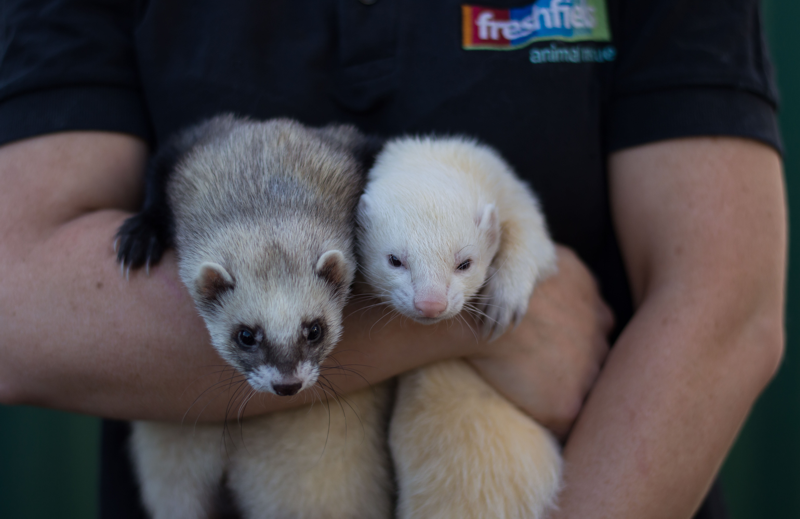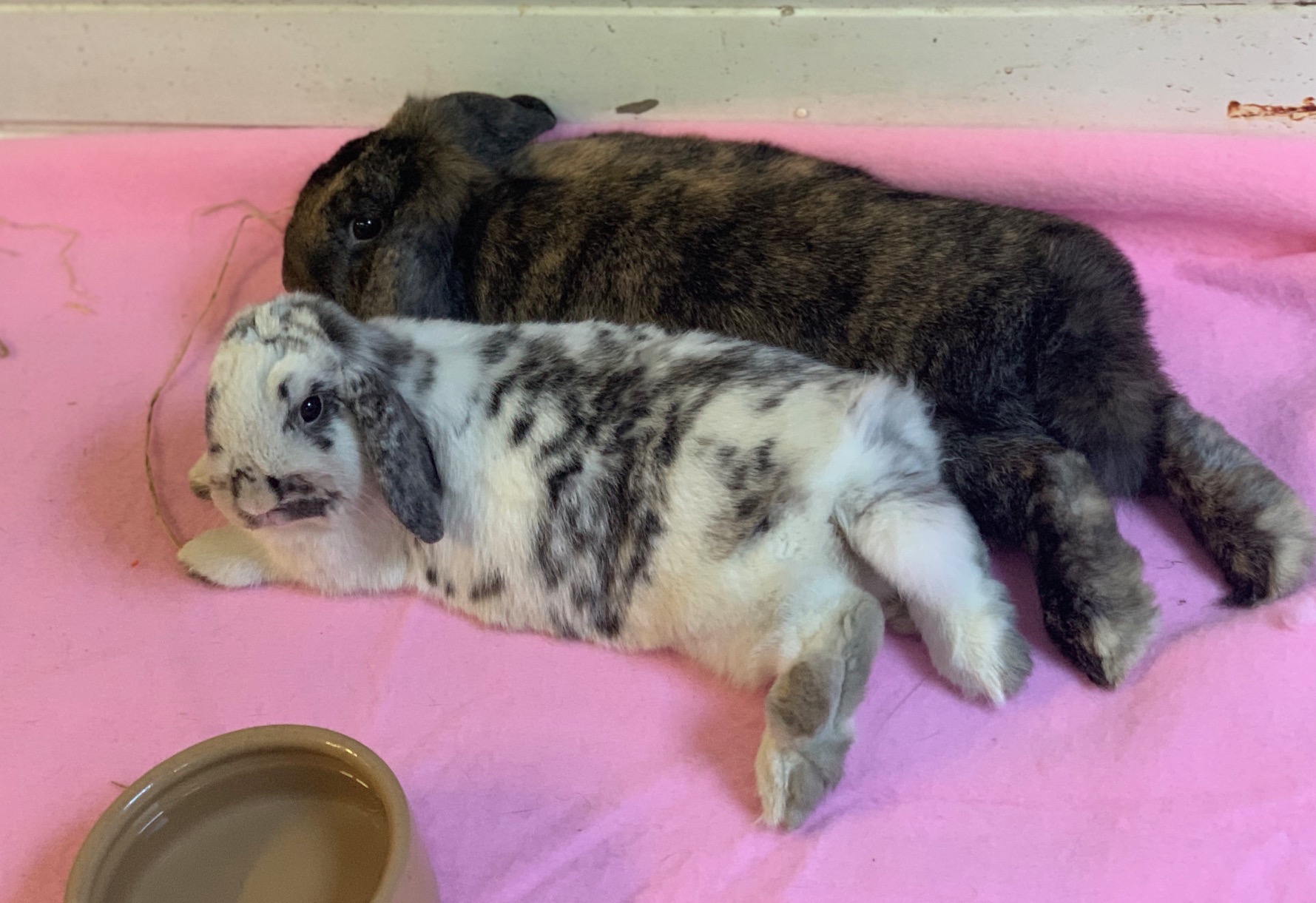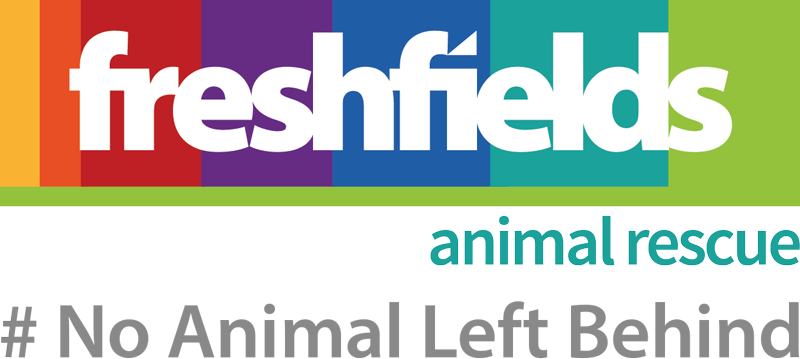Small Pets & Covid
Given coronavirus is now affecting us all it’s paramount to keep things in perspective and remember that around 80% of people infected with the virus will make a full recovery.
It’s important during this time to look out for the more vulnerable members of society. Due to their age, or health issues, they are now self-isolating and may need assistance with shopping and other essentials.
It’s also important to protect ourselves, the people around us and our pets during this outbreak.
Coronavirus and small animals.
These can be troubling times for people who own small animals such as rabbits, ferrets, chinchillas, guinea pigs, gerbils, pygmy hedgehogs, hamsters, rats, mice, poultry and birds. To date, there is no evidence that people can catch coronavirus from their small pets or pass it on to them.
Ferrets however, have been known to occasionally catch colds and flu so they could be susceptible to catching coronavirus.

Keeping small animals supplied.
Given we should only be shopping when absolutely necessary, stocking up on dried/canned/long lasting pet foods is imperative. Fresh food is more difficult to stock up on given it’s shelf life but many vegetables can be successfully frozen, for example, kale, broccoli, sprouts, cabbage, cauliflower, courgettes and cabbage. There are also many local farm shops still delivering, so it’s worth checking on the internet, or with your local paper or radio station.
If finances are short, there are many garden plants, herbs and weeds suitable for rabbits. Only feed these plants to your pets if you are positive you are identifying them correctly.
Rabbits enjoy dandelion and dried nettles which grow practically everywhere, in gardens, fields and hedgerows.
It’s absolutely vital that your rabbits are vaccinated if you intend to forage for them! Feeding foraged foods could prove a source of VHD (1 & 2) or myxomatosis and cause the death of an un-vaccinated rabbit!
Many household herbs are also suitable, basil, coriander, dill, mint, parsley, oregano, rosemary, sage, thyme and lavender. You can also share many of your vegetables with your rabbit, i.e kale, broccoli, sprouts, parsnips, cabbage, cauliflower, celery, courgette, cucumber and spinach.
Other issues.
Make sure you let family and friends know if you become unwell, bed-bound or need to go into hospital. If you don’t have any support, please contact your local RSPCA or rescue for advice
If you consider yourself to be vulnerable, always ensure good ventilation when cleaning pets cages/runs etc. Open a window, and stagger the job if necessary.
Keep in regular contact with your vet in the event of an emergency. Most are now available via Facebook and other social media. Most initial consultations are now carried out virtually.

If you do need to self-isolate and are unable to stock up on medication and food for yourself and your pets, contact your local council for help and advice. There are also many volunteers who are shopping and collecting medication for those who need it. Check online for those closest to you.
Observe Government advice and maintain personal hygiene. Maybe leave non-urgent mail, parcels and long life food items for 72 hours before touching. Wipe the packaging on fresh items or wear gloves while disposing of it. Always wear indoor and outdoor shoes.
And Finally…
Here’s to us, and our beloved pets staying safe and this situation resolving itself sooner rather than later.
Donate Here
Lost & Found Pets

Merchandise
Exclusive merchandise available direct from the rescue. Don't miss out, follow the link to make your purchase today.


